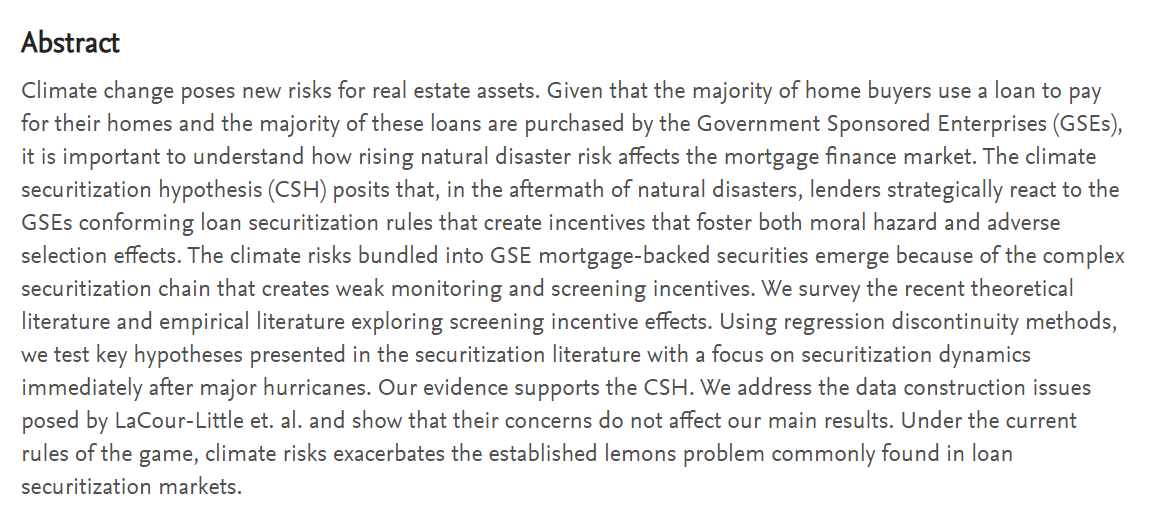
Provost Professor of Economics at the University of Southern California. Visiting Fellow at the Hoover Institution.
How to get URL link on X (Twitter) App


 Here is Dick Easterlin's Google Scholar page. He made original contributions to many branches of economics.
Here is Dick Easterlin's Google Scholar page. He made original contributions to many branches of economics. https://twitter.com/YaleEconomics/status/1864306721830601001Suppose that a firm relies on one single input supplier that is located in Egypt. If there is a 1% chance this supplier is wiped out, then the buyer may not sweat this. BUT, if climate change raises this risk to 4%, the buyer may now invest in self-protection (2/3).
https://twitter.com/ben_moll/status/1862522205147406720Read Pat Bajari's papers from the 2000s (one is coauthored with me) to see the non-parametric approach for recovering preferences for differentiated products. Disagreement about the direction of interest rates is another example of product differentiation for durables demand!!

https://twitter.com/int_mon_econ/status/1835062349826269499Note that psi_1 and psi_2 are assumed to be constants here. They should be functions that change over time as the economy shifts. For example, cheaper air conditioning flattens these coefficients. This functional form rules out endogenous innovation fueling adaptation!


https://twitter.com/MarshallBBurke/status/1789220709245329648In this age of heterogeneous agent macro, let's allow for some price adjustment and some comparative advantage in the farming sector.
https://twitter.com/nberpubs/status/1767989590005035225The real options literature of Dixit and Pindyck is directly applicable here. For a fixed cost, firms can deepen their supply chains to lower their probability of an O-Ring meltdown. The most productive firms will be the most likely to exercise this real option. See next tweet.
https://twitter.com/nberpubs/status/1738620921731072499Larger firms have an adaptation edge (even if they only have a single establishment) because of their access to manager quality, capital and data. Many adaptation strategies are "lumpy" requiring a large fixed cost. Heckman's selection work matters!
https://twitter.com/JaereAere/status/1736733248238260571Note the almost infinite adaptation permutation strategy set here. Climate economists continue to ignore this point. Matt knows his own risk aversion and his life goals and his budget constraint. In a Becker Household Production model, Matt optimally trades off resilience.



https://twitter.com/caseybmulligan/status/1432857022823866368As I look back at Professor Tolley's published papers, I see how his work on urban and environmental topics helped to shape my vision for my own research program on the causes and consequences of "green cities". Cities with great quality of life thrive.